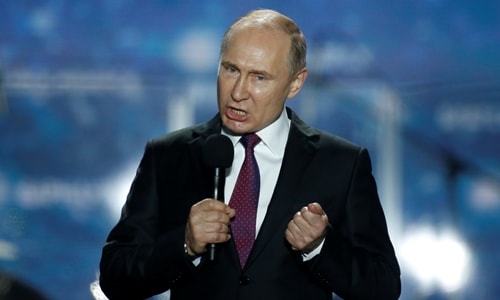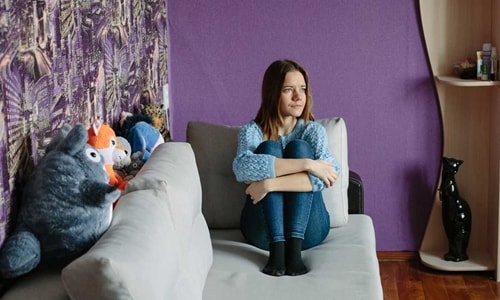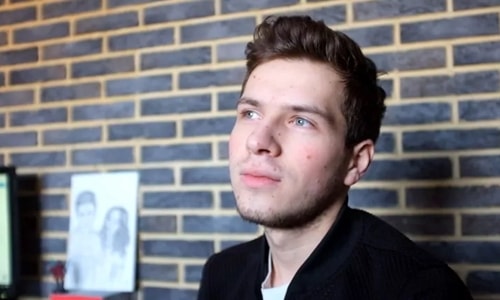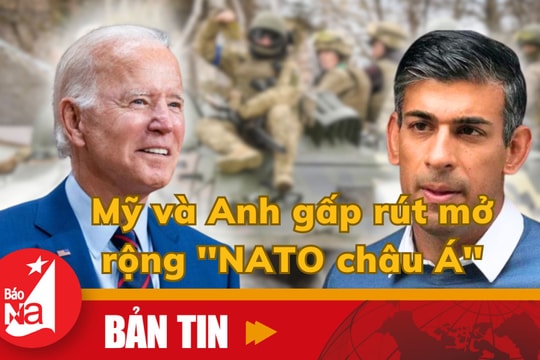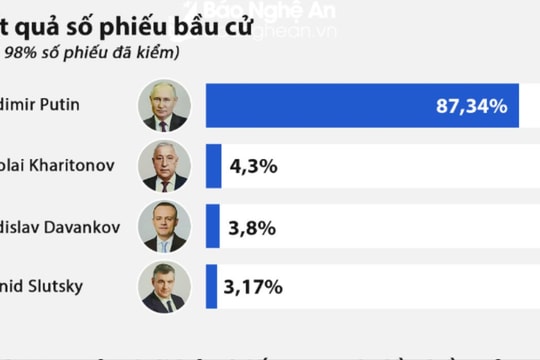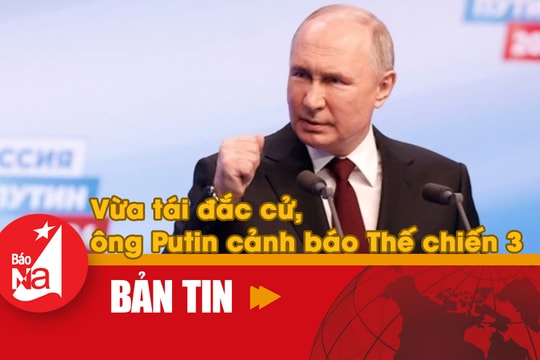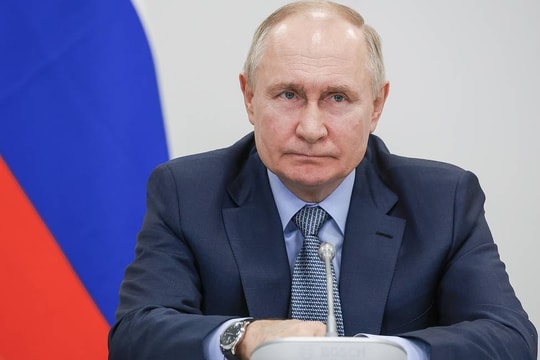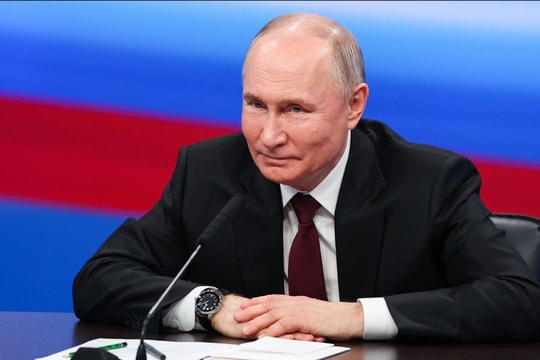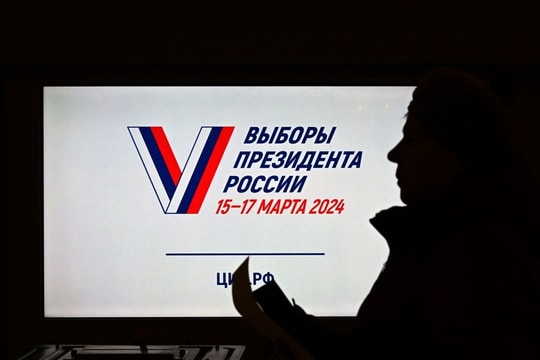Putin in the eyes of young Russian voters
Young Russians support Putin because they fear an uncertain future if someone else comes to power.
|
Russian President Putin. Photo:Reuters. |
Russian journalism student Yekaterina Mamay, 20, will vote for Mr Putin in the presidential election on March 18. “What Russians want is a strong politician,” Mamay said. Her thinking is shared by many other young people – those known as the “Putin Generation” because they have lived most of their lives under the leadership of Mr Putin, who came to power 18 years ago.
According to a December 2017 survey by the independent polling firm Levada, 81% of adults support Putin as president, including 86% of 18-24 year olds. Of this age group, 67% told Levada they believe the country is on the right track, according toWashington Post.
"We already know everything about him," said Pavel Rybin, 20, who is studying event management. "If he is re-elected now, everything will be peaceful."
Young people in Russia have been a big part of the street protests led by opposition leader Alexei Navalny. But analysts say the protests cannot be seen as a wave of anti-Putin sentiment. “There is no mass movement demanding major changes,” political scientists Ivan Krastev and Gleb Pavlovsky wrote this month for the European Council on Foreign Relations. “Contrary to Western fantasies, Russians under 25 are among the most conservative and pro-Putin groups in society.”
The story of three young people in Kurgan – a city of about 300,000 people near the border with Kazakhstan – helps explain why.
Mamay said her grandmother used to tell her that in the 1990s, before Putin came to power, lawlessness in Kurgan was so severe that innocent locals could be killed simply for sitting in the wrong seat on a bus or in a cinema.
Mamay's father told his grandfather: "I lived better than you, and I hope that the next generation will live better than me." Mamay now has hope for his own future in Russia under Putin. "There may be only small improvements," Mamay said. "But that's better than having someone else in power who can't balance things out."
|
Yekaterina Mamay, 20 years old. Photo:Washington Post. |
Dmitry Shaburov, 18, recently moved to Kurgan, making a living delivering sushi, pizza, and driving a taxi. Shaburov is trying to raise funds to start a business. He finds that Russia offers its citizens less freedom than Western countries, but he prefers to focus on the freedoms he does have, such as starting a business and traveling abroad. “There are job opportunities. You can do anything, go anywhere you want,” Shaburov said. “The borders are open, which makes me really happy.”
Shaburov said he had watched Navalny's videos about government corruption. Shaburov was saddened by this, but he said it was not the right time for someone as untested as Navalny to lead (Navalny was barred from running in this year's elections after being convicted of corruption and given a five-year suspended sentence).
"Change can lead to the collapse of the country," Shaburov said. "If we look back at what happened in the past, it is better to let things continue as they are now."
Fear of the past and the fear that things will get worse are common features of the “Putin generation”. In a survey of more than 6,000 Russian university students last year, 80%, like Mamay, said they believed they had more opportunities than their parents. Many also expressed concerns about an uncertain future and the risk of a new world war.
|
Dmitry Shaburov, 18 years old. Photo:Washington Post. |
More than 47% of students surveyed said they would vote for Putin. Navalny came in second with 7%. “Putin has been leading the country since they were children and their lives are going well,” said Valeria Kasamara, who led the study. “They are not sure how things will be under someone else, but under Putin things are good.”
The theater where Rybin works part-time used to be covered in snow and covered in dead birds because of a hole in the roof. The facility was renovated last year as part of Putin's regional development program. But for Rybin, Putin's greatest achievement has been keeping Russia safe. Rybin says he stopped the war in Ukraine from spreading into Russian territory. "We have a good army that protects our borders, protects Russia. If we elect another president, can we expect the same from him?"
To the West, the idea that Ukraine is a threat to Russia seems far-fetched, given Russia’s annexation of Crimea and its support for separatist rebels in Ukraine. But Rybin watches Russian state television, even though young people don’t watch as much television as older people these days. Rybin was unaware of the allegations of Russian interference in the 2016 US presidential election. “I know that Britain is trying to interfere in the Russian election,” Rybin said. “I don’t know why.”
Not everyone is convinced, however, that young Russians have a lasting affinity for Putin. Journalist Alexey Dedov says many are probably just following a trend. “Patriotism is a trend,” Dedov says. “When trends change, I think they will change too.”
Putin's critics point to Russia's stagnant economy, which has grown just over 1% a year since 2008. "Russians don't understand that the situation is bad and that there are ways to fix it," said Nikita Ilyin, 19, a Navalny supporter.
Shaburov, meanwhile, does not feel the need for change. It is better, he says, for Putin to remain in power for life than for Russia to enter an uncertain future. "You realize that everything is going well under his leadership. You don't complain," Shaburov says.

